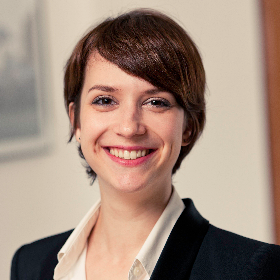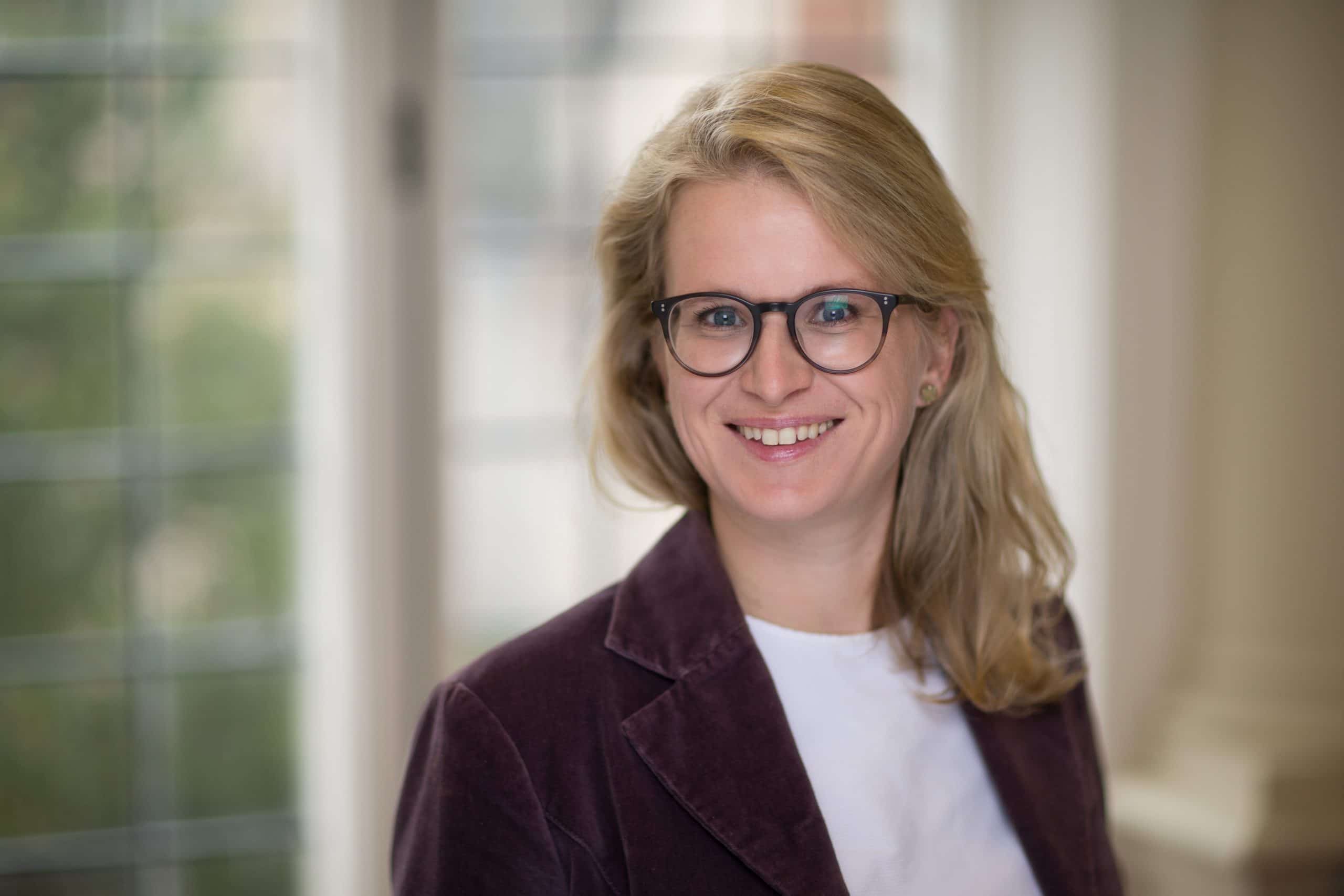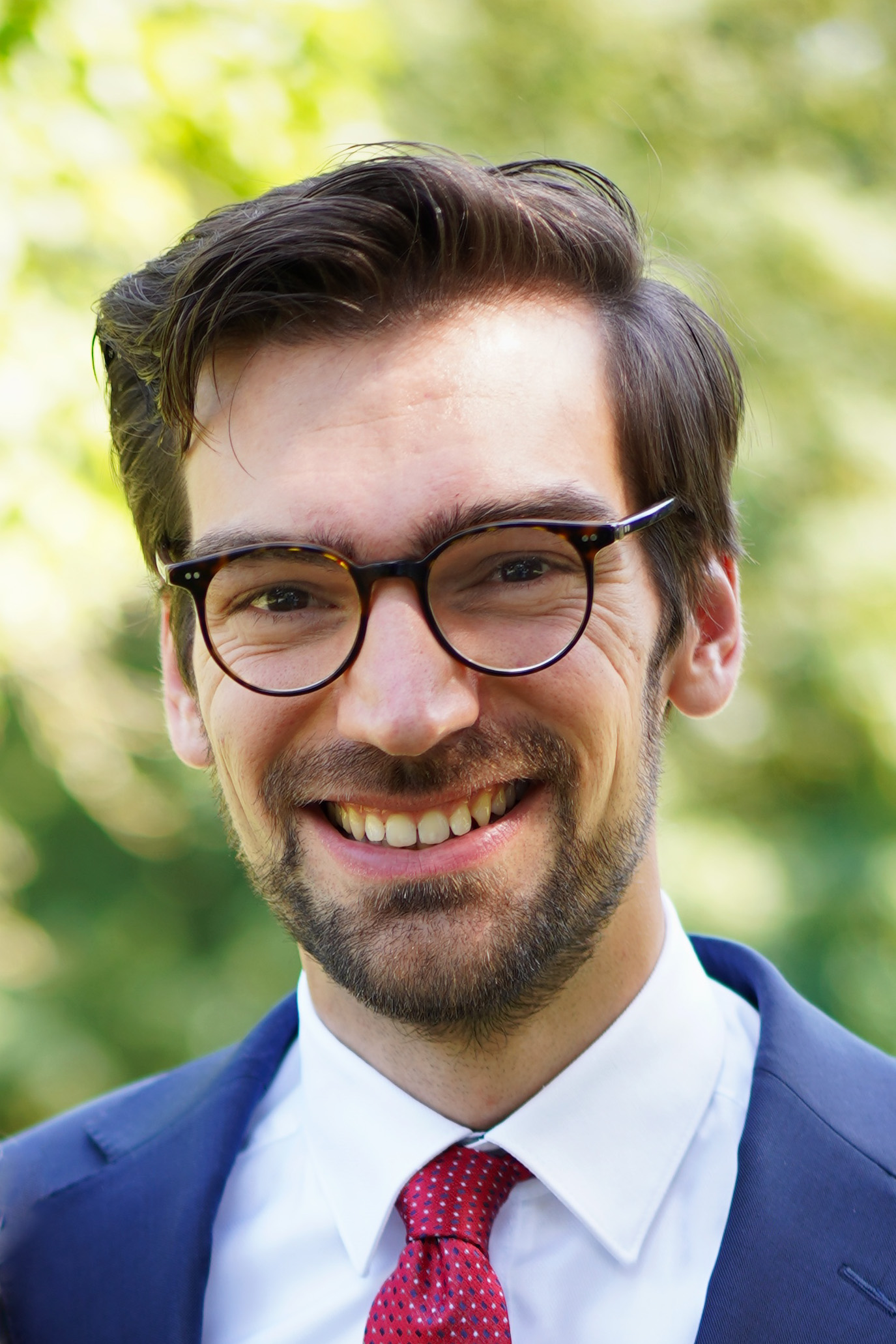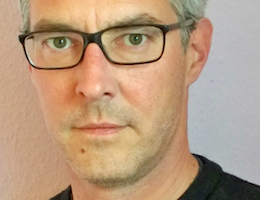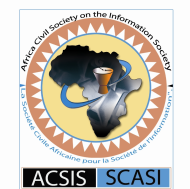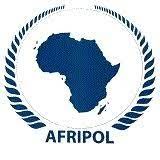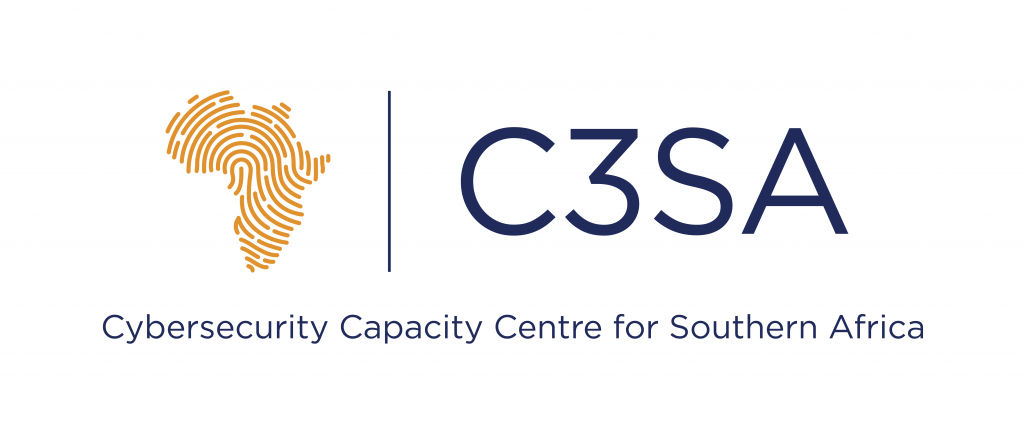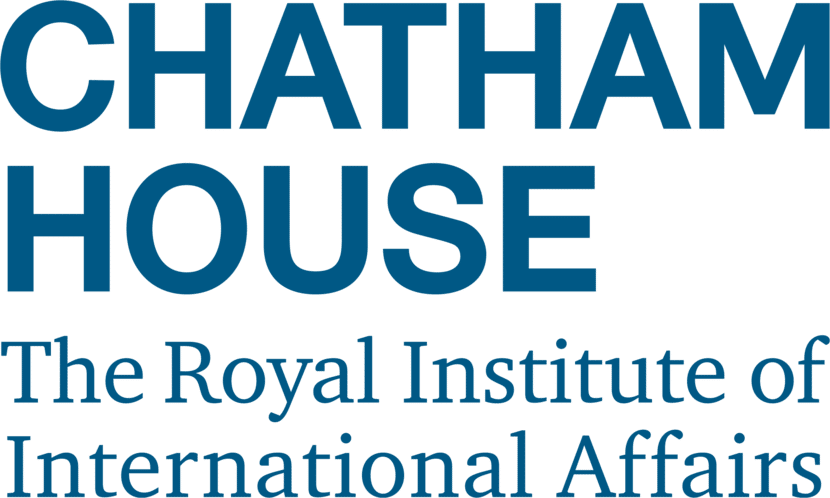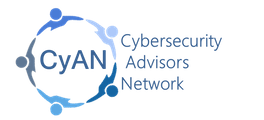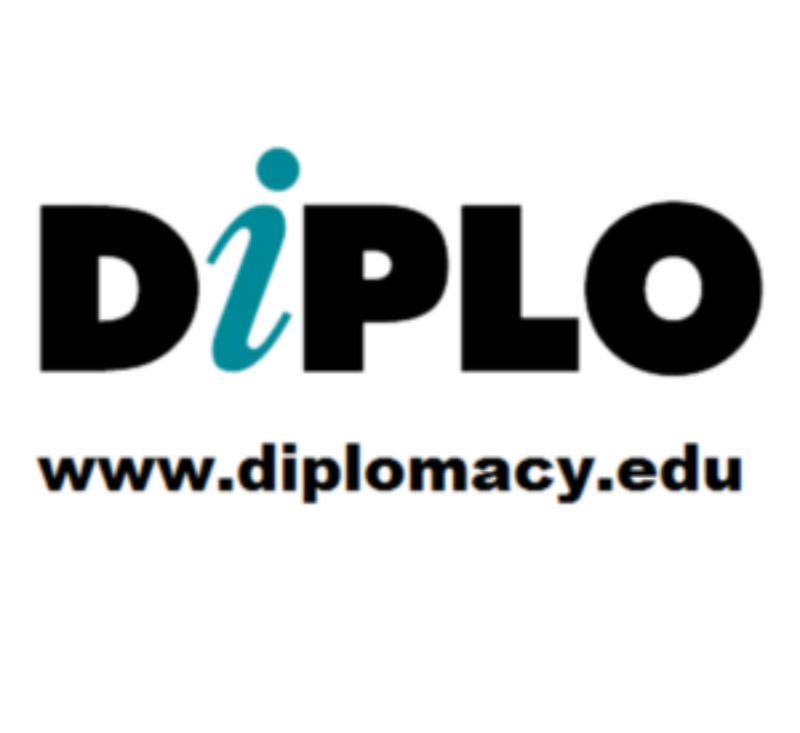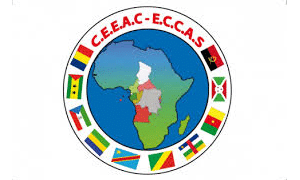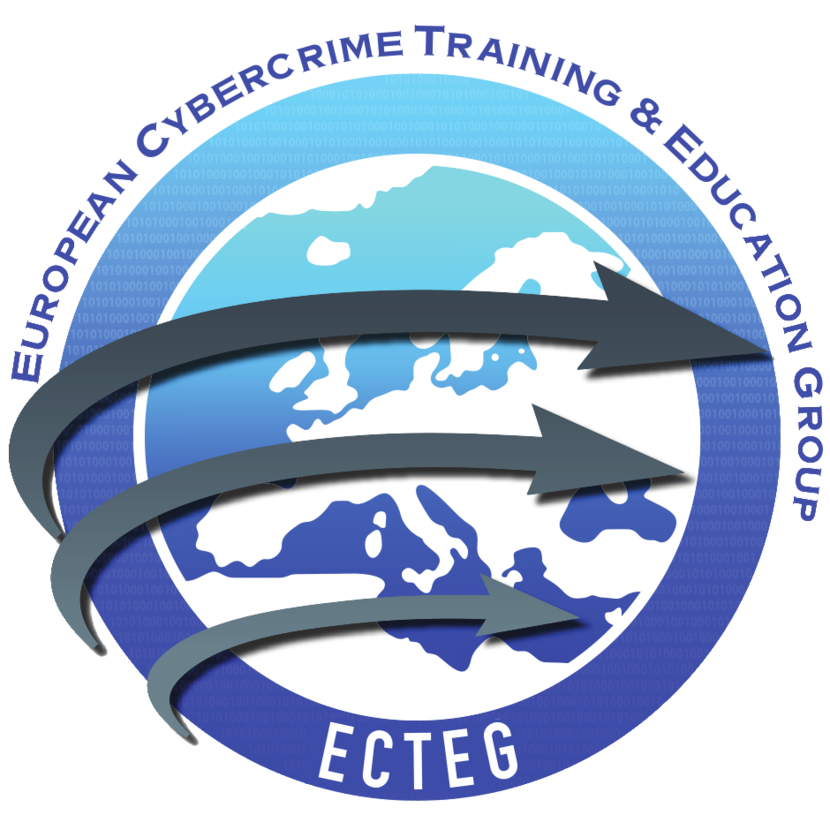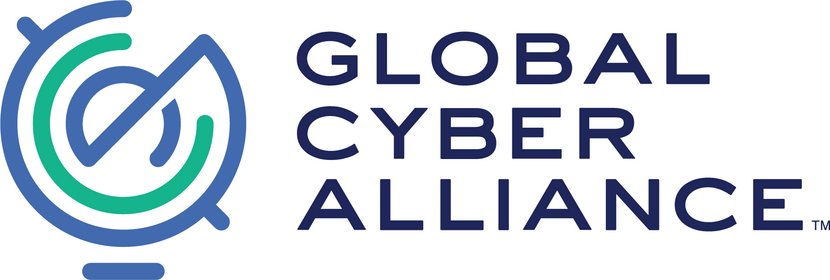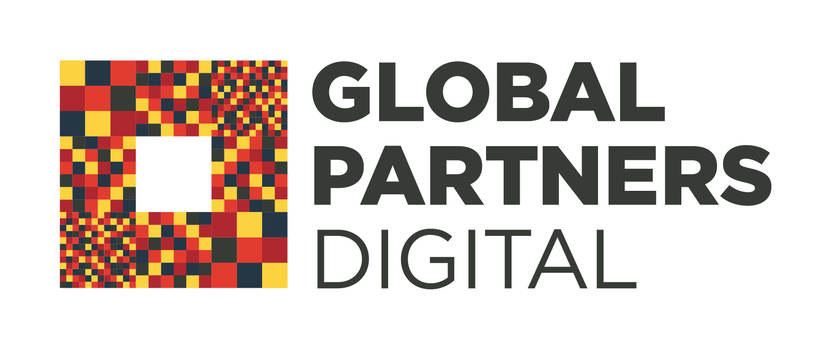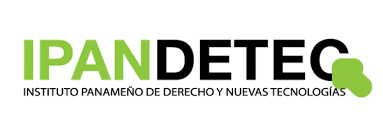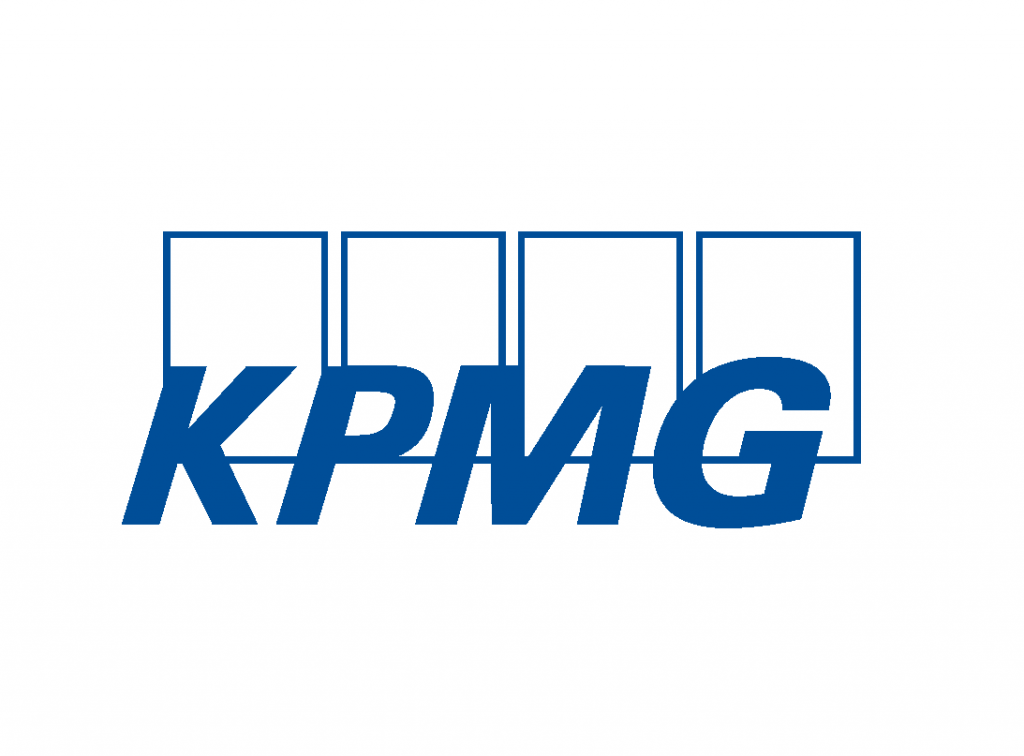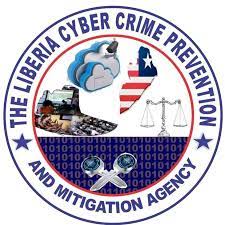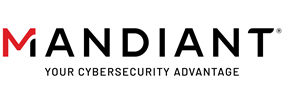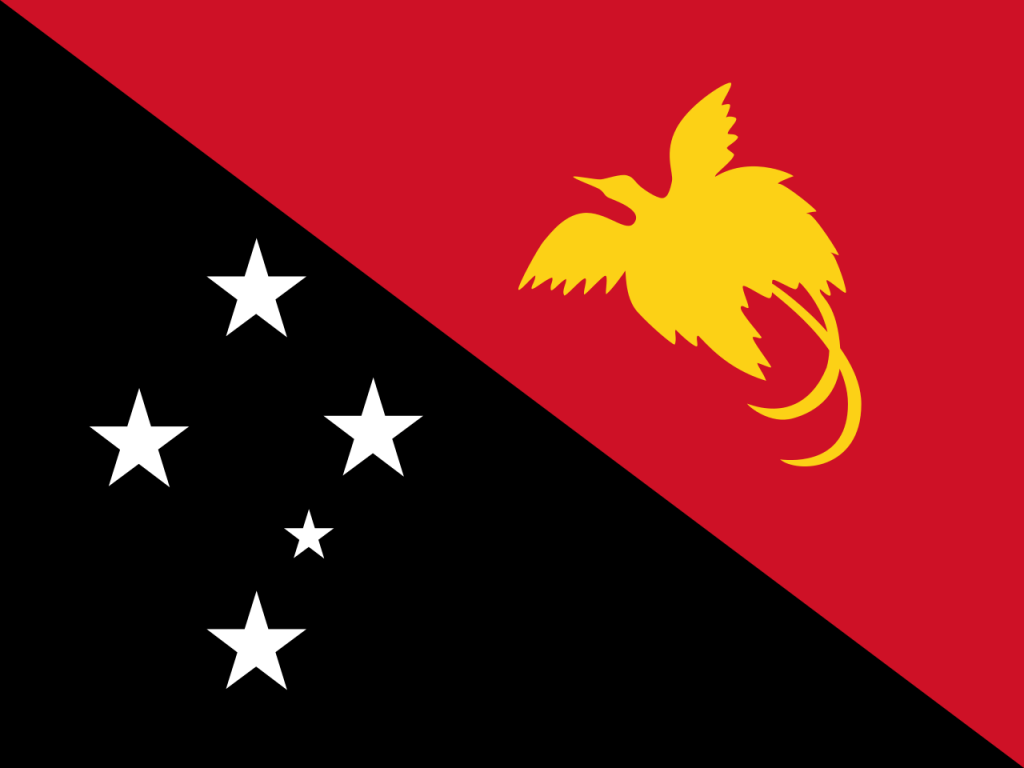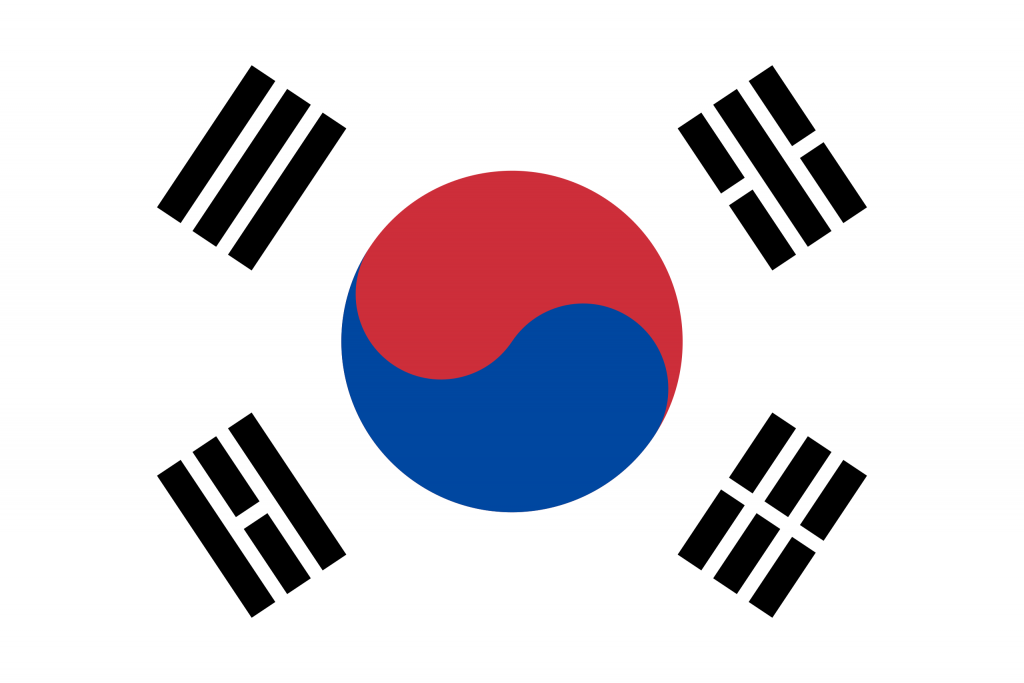Working Group C: Cybercrime
About Working Group C
Cybercrime is included in the Delhi Communiqué as one of the five prioritized themes in the Global Agenda for cyber capacity building.
Working Group C brings together governments, industry and experts focused on coordination of capacity building efforts relating to cybercrime. Through the Working Group, GFCE Members and Partners discuss issues related to capacity building in combatting cybercrime and work together towards coordination of capacity building efforts on development and implementation of legal frameworks, strengthening criminal justice and law enforcement responses to cybercrime, as well as the development of formal and informal frameworks for cooperation.
Working Group C is also a place for those involved in the prevention, response and assessment of cybercrime to engage with each other and share knowledge and expertise, leading to the development of capacity building projects and initiatives that help countries deal with the challenges presented by cybercrime, identification of best practices to amplify these on a global scale, and assessment of the impact cybercrime responses for more informed and inclusive capacity building activities.
More information on the work done by Working Group C can be found in the GFCE Working Groups Annual Report 2021.
Table of Contents
News and Updates
In 2021 the Working Group started a new initiative: the ‘Cyber Crime series‘, aimed at sharing knowledge and expertise on cybercrime topics with the community in a structured way. With the Working Group identifying the topics to be discussed, the Cybercrime Series is also considered a soft agenda-setting exercise within the group.
The first session looked at cybercrime trends and developments, painting a picture of what cybercrime looks like from various perspectives, how it is evolving, and what the main challenges are for policymakers and other stakeholders. The second section looked at what needs to be done, with a strong focus on how capacity building can help address these issues. Speakers included UNODC, FireEye Mandiant, Europol, Global Cyber Alliance and INTERPOL. The Series will be continued into 2022, with one session planned per quarter
Reports and Deliverables
In 2022, Working Group C continued the "Cybercrime Series" (series of online workshops) tackling key cybercrime issues, with a session on the role of cyber capacity building in fighting ransomware. Members’ experience and expertise will be further capitalized on through sessions on cryptocurrencies and virtual assets and Ending OCSEA. New topics are being identified through the WG, with the continuation of the series in 2023 ensuring a sustainable approach to developing a common understanding on trends and developments in cybercrime. A new initiative is being developed by WG C and WG A addressing UN cyber processes (GGE, OEWG and AHC) from a capacity building perspective with the aim to raise awareness on these processes, as well as explore and propose modalities for the GFCE Community to be involved.
The Working Group identified 9 research topics. Working Group members voted on the 9 topics, with the chosen topic to be included in the Research Agenda 2022. All draft topics received votes, so they will be included in the Annex of the Research Agenda as a reference of the knowledge gaps identified by the Working Group. The final Agenda, with chosen topics of each Working Group, will be presented during the Annual Meeting. The chosen topics will be put to an RFP in 2022 and supported with a request for funding.
The GFCE and Working Group C members also participated in a number of other industry meetings and events. These include contributions to the GFCE Community Showcase, Council of Europe 2nd Africa Forum, GFCE Consultation Meeting, OSCE Cybercrime Briefing, Council of Europe Octopus Conference and the World Bank Cyber Resilience Series, following discussions such as those in the United Nations Open-Ended Intergovernmental Expert Group, UN Ad-Hoc Committee, the EU ISS Paths for Multistakeholder Engagement in the Fight Against Cybercrime, and participation in a briefing on ransomware to diplomats from the Netherlands.
Since the beginning of 2020, GFCE Working Group C has been acting as a sounding board for proposed activities of the KSPO Capacity Building Hub. Once the Hub is operational, the intention is that Working Group C will be a critical source of resources and support for the coordination of the outreach activities of the Hub. KSPO continues to keep the Working Group updated on progress. In 2021 the aim is to have a clear plan of engagement between WG-C and its members with the Hub.
In January 2020 The Gambia provided further information on activities under its request for support. The Working Group identified priority areas of the support request where no support is currently being provided and is still needed from members of the GFCE community. This outline was distributed across the GFCE Working Groups. A session was arranged for 19 May 2020 during the GFCE V-meetings to bring these stakeholders together, discuss progress and reach out to a broader group that may have been able to help expand the support into the other (under-supported) areas of the official request. Since the introduction of the support request in WG-C, The Gambia has updated its Draft Cybersecurity Strategy & Action Plan, drafted and approved a data protection law a draft cybercrime bill, began establishing the gm CSIRT and expects to soon establish a digital forensic laboratory for the national police force.
Details of work done by Working Group C can be found in Working groups 2020 Report.
The Working Group has been home to the Friends of The Gambia clearing house support group. The Gambia has partnered and been collaborating with several GFCE Members and Partners on developing its capacity to combat cybercrime. Since September 2019 The Gambia has made big steps in developing and implementing legislation on cybercrime. Beyond keeping Working Group C members updated on the status and progress, WG-C members have been assisting The Gambia in reaching out to other GFCE Members and Partners on broadening support provided in other areas of the request, notably on the establishment of a national Computer Emergency Response Team and forensics lab.
In 2019 the GFCE entered into a partnership with the Korean Supreme Prosecutor’s Office (KSPO) and World Bank on the establishment of a capacity building hub for the Asia region. WG-C was identified as a place for KSPO to bounce off initial ideas on the establishment of the hub, and the Working Group has provided advice and feedback to KSPO.
Those interested in initiatives developed by GFCE Members and Partners from 2016 in the area of cybercrime can view the Impact page of the GFCE here.
Enhancing coordination between the activities of Working Group C members was a clear goal identified after the establishment of the Working Group in 2018. This is in line with the broader objectives of the GFCE. The Working Group on Cybercrime has been a platform for constant discussions between members willing to engage, share and learn from each other whilst submissions of Working Group members to the Cybil portal go some way towards achieving that objective.
Contributions to Cybil Knowledge Portal
Working Group C members have submitted information on over 130 projects, 21 tools and 22 publications. These resources can be accessed here on the Cybil Portal, a knowledge-sharing platform for cyber capacity research.
Chair
Nnenna Ifeanyi-Ajufo
Chair of WG C - Cybercrime
Steven Matainaho
Chair of WG D Cyber Security Culture & Skills
Lea Kaspar
Task Force co-lead Strategy & Assessments
Carolin Weisser
Task Force Strategy & Assessments co-Lead and Cybil Steering Committee Member
Nikolas Ott
Task Force co-lead CBMs, norms & Cyberdiplomacy
Szilvia Tóth
Task Force co-lead CBMs, norms & Cyberdiplomacy
Vilius Benetis
Task Force lead Cyber Incident Management
Marc Henauer
Task Force lead Critical Infrastructure Protection
GFCE Secretariat Representative
Nhu Nguyen
Communication Advisor
Laura Morales Nuez
Communications & Events Trainee



